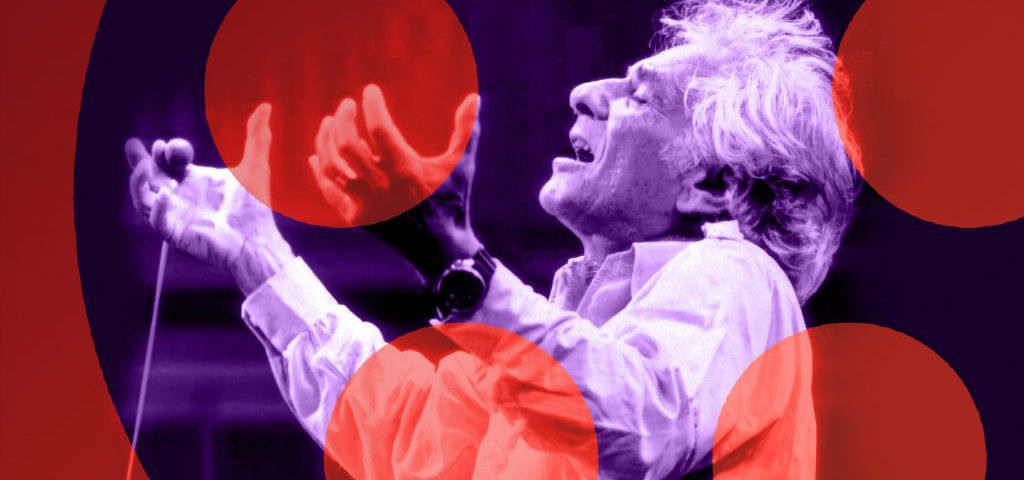Leonard Bernstein’s Musical Legacy: His Four Important Film Scores
The legendary American composer and conductor, Leonard Bernstein, carved an enduring legacy in the world of music, leaving an indelible mark through classical compositions, Broadway productions, and captivating film scores.
Born Louis Bernstein on August 25, 1918, Leonard Bernstein was a multifaceted American musician. He excelled as a conductor, composer, pianist, music educator, author, and humanitarian. Renowned for his exceptional talent, he became the first American-born conductor to achieve global recognition. Bernstein’s achievements were extensive, including seven Emmy Awards, two Tony Awards, and 16 Grammy Awards, including the prestigious Lifetime Achievement Award. He also received an Academy Award nomination and was honored with the Kennedy Center Honor in 1981.
Maestro
“Maestro,” a 2023 American biographical romantic drama film, takes center stage in exploring the intricate emotions that bind American composer Leonard Bernstein to his beloved wife, Felicia Montealegre. Bradley Cooper skillfully directs the film, co-writing the screenplay with Josh Singer. A formidable production team, featuring Hollywood heavy hitters such as Martin Scorsese, Bradley Cooper, Steven Spielberg, Kristie Macosko Krieger, Fred Berner, and Amy Durning, breathes life into this project. Within this creative ensemble, Carey Mulligan shines as she embodies the character of Felicia Montealegre, while Bradley Cooper encapsulates the spirit of Leonard Bernstein. Supporting this stellar duo, the talents of Matt Bomer, Maya Hawke, and Sarah Silverman further enrich the cinematic experience.
However, “Maestro” is more than just a film; it rightfully earned a spot among the top 10 films of 2023, a distinction conferred upon it by both the discerning National Board of Review and the prestigious American Film Institute.
But there’s more to Leonard Bernstein than meets the eye, or rather, the ear. While his fame may have reached its height in classical and Broadway compositions, his foray into the realm of film music revealed his versatile genius as a composer.
Let’s look back at Leonard Bernstein’s four most remarkable contributions to the world of film scores.
On the Waterfront (1954)
One of Leonard Bernstein’s most iconic contributions to film music occurred with his composition of the score for Elia Kazan’s cinematic masterpiece, “On the Waterfront.” Set against the gritty backdrop of New York’s waterfront, the film relied heavily on Bernstein’s music to convey the raw emotions and inner turmoil of its characters. His score, characterized by its evocative and haunting tones, employed brass and strings to underscore the tension and redemption integral to the film’s narrative.
Bernstein’s work on “On the Waterfront” not only enhanced the emotional impact of the film but also earned him a well-deserved Academy Award nomination for Best Original Score, cementing his reputation as a composer with an unparalleled ability to capture the essence of human drama through music.
West Side Story (1961)
While “West Side Story” initially made its mark as a Broadway musical composed by Leonard Bernstein, its subsequent adaptation into a film solidified his influence in the realm of cinema. Under the direction of Robert Wise and Jerome Robbins, the film retained Bernstein’s unforgettable melodies and orchestrations, including timeless classics like “Maria,” “Tonight,” and “America.” Bernstein’s masterful fusion of classical and jazz elements within the score seamlessly complemented the modern retelling of the Romeo and Juliet tale, set against the backdrop of 1950s New York City.
“West Side Story” stands as a testament to Bernstein’s ability to craft music that transcends both stage and screen, leaving an enduring legacy.
To Kill a Mockingbird (1962)
In 1962, Leonard Bernstein composed the score for Robert Mulligan’s adaptation of Harper Lee’s beloved novel, “To Kill a Mockingbird.” This film, tackling themes of racial injustice and moral courage in the American South, heavily relied on Bernstein’s evocative music to establish the tone and amplify the emotional impact of the story. Bernstein’s score, characterized by its gentle and contemplative melodies, masterfully captured the innocence of childhood, the gravity of the courtroom drama, and the overall essence of the American South in the 1930s.
His contribution to “To Kill a Mockingbird” earned him yet another Academy Award nomination for Best Original Score.
On the Town (1949)
Before making waves in film, Bernstein composed the music for the musical film “On the Town,” which marked his early success in bridging the gap between Broadway and cinema. The score featured memorable songs like “New York, New York” and “Lonely Town,” which showcased Bernstein’s talent for crafting catchy, emotionally resonant tunes that fit seamlessly into the film’s narrative.
“On the Town” established Bernstein as a composer capable of infusing vitality and depth into film musicals.
Leonard Bernstein’s contributions to film music are a testament to his unmatched talent and versatility as a composer. While he remains celebrated for his classical and Broadway compositions, his work in the world of cinema showcased his exceptional ability to craft music that enhances storytelling, evokes emotions, and leaves an indelible mark on the audience. Bernstein’s scores for “On the Waterfront,” “West Side Story,” “To Kill a Mockingbird,” and “On the Town,” are prime examples of his enduring impact on film music, solidifying his legacy as one of the greatest composers of the 20th century.

